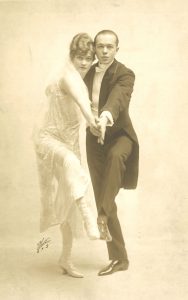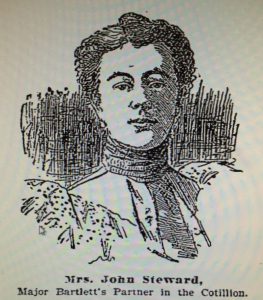
61 Bowdoin Street, Boston, Sunday, 18 December 1864: The business firm will go on at present under the old title – “Shober & Co.” – though Antony Kimber being the elder of the surviving partners has the right to insist on the appearance of his name, if he choose to – more especially as he is the more experienced business man, and largest capitalist of the two.
Dear John’s will was just what we all knew beforehand – all the property but $10,000 left to his devoted sister Mary,[2] expressly left in trust for the use of his unmarried sisters,[3] to keep up an affluent home for them; this has been for years the darling object of his life. Continue reading ‘Generosity and magnanimity of character’



